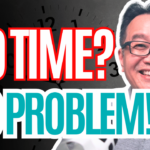
Purpose Over Impulse: Navigating Life and Wealth with Intention

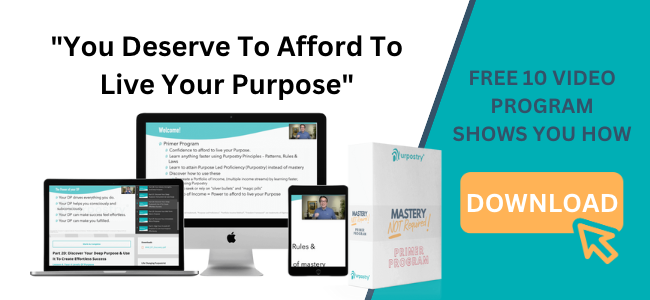
I recently read about a study that shows a person’s favorite film genre can reveal a lot about how their brain processes emotions.
For instance, fans of action films and comedies have strong reactions to negative emotional stimuli.
This study, conducted by Martin-Luther-Universität Halle-Wittenberg, used functional magnetic resonance imaging (MRI) to analyze the brain activity of participants as they responded to emotional stimuli.
I had always known how much our subconscious decision making shapes our decisions, in fact, we have a whole module about overcoming it in our Mastery Not Required program. But this study shows how easily we can be subconsciously manipulated, and how we love to subject ourselves to such manipulation.
Understanding the Subconscious Mind
The subconscious mind is an underlying force that governs our instincts and reflexes.
It helped out ancestors run from predators without needing to waste time thinking.
It’s where our deepest associations, memories, and learned behaviors reside, silently directing much of our daily lives.
For instance, the subconscious mind helps us drive our car on a familiar route while our conscious mind is free to wander or listen to the radio.
It’s efficient and effortless, but it’s not without its faults, especially when the stakes are high in subconscious decision making.
The Limitations of Subconscious Decision-Making
In everyday scenarios like choosing what to eat for breakfast or selecting a movie to watch, the subconscious is incredibly effective, reducing the cognitive load on our brains.
However, when it comes to more impactful decisions, like career moves or financial investments, relying solely on our subconscious impressions can lead us astray.
These decisions require deliberate thought, weighing pros and cons, risk management, aligning with long-term goals and your purpose – processes often overridden by subconscious decision making’s craving for immediate gratification (greed) or aversion to unfamiliar (fear).

Driven by Emotions: Fear, Greed, and Beyond
Our emotional responses—often rooted in subconscious decision making—play a crucial role in how we make decisions.
Fear can cause us to avoid necessary risks, while greed might lead us to act impulsively.
For instance, fear might prevent us from investing, to hold cash instead, when owning good assets is really the only way out of inflation.
Conversely, greed might cause us to put an inordinate amount of our hard earned money into a crypto scheme or other dangerous trades because it’s a “once in a lifetime” opportunity.
The pleasure-pain principle, another subconscious influence, pushes us towards actions that provide immediate pleasure to avoid discomfort, which can be detrimental when making decisions that require a long-term perspective.
This is particularly evident in behaviour leading to financial decisions where the fear of loss or the thrill of a potential gain can lead to rash decisions that deviate from one’s strategic financial plan.
The High Cost of Subconscious Living
Consider a professional who stays in a comfortable job due to fear of the unknown, despite feeling unfulfilled and stagnant.
Or an investor who, driven by greed, repeatedly engages in high-risk trades without adequate research, resulting in significant financial losses.
These scenarios illustrate the costly consequences of letting subconscious decision making dictate critical life decisions.
Research supports that individuals who engage more actively in conscious decision-making tend to achieve better outcomes in both their careers and personal investments.
Clarifying Purpose to Enhance Decision-Making
One effective antidote to the dominance of the subconscious is clear, purpose-driven living.
Understanding one’s purpose—why you do what you do—can illuminate the right path even when subconscious decision making tempts you astray.
It acts as a compass, guiding decisions not just by what feels good momentarily, but by what aligns with your deepest values and long-term aspirations.
The Principle of Being Right Less Than Half the Time
It might sound counterintuitive, but you can actually afford to be wrong more than half the time and still come out on top—if you structure your decisions well.
This principle is crucial in areas like investment, where the right strategy allows for the accumulation of wealth over time, despite individual losses.
For instance, a well-diversified investment portfolio can absorb losses while capitalizing on the gains of other assets, underscoring the importance of strategic, purposeful decision-making over subconscious, reactionary choices.
I go into this in much greater detail in our free 4 day Lifestyle Income Workshop.

Creating Real Wealth by Living Purposefully
Real wealth isn’t just about accumulating assets but achieving a fulfilling life aligned with one’s values and purpose.
This approach has transformed many lives, guiding individuals away from unfulfilling careers and unsound financial habits to more meaningful and prosperous lives.
By aligning decisions with a clear purpose, individuals not only enhance their financial well-being but also experience greater personal satisfaction and happiness.
Your Next Step
To truly understand the power of purpose in decision-making and to learn how to structure your decisions for success, I invite you to join my free Lifestyle Income Workshop.
This workshop will guide you through identifying your unique purpose and teach you how to make effective decisions that allow you to thrive financially, even when not all choices pan out as expected.
Conclusion
Understanding the influence of subconscious decision making can be the first step towards making better choices that resonate deeply with our personal and financial goals.
By aligning our decisions with a clear purpose, we can create a life not just of wealth, but of meaning and fulfillment.
Don’t let your subconscious dictate your life’s path—learn to harness it in service of your true purpose.
Join us at the Lifestyle Income Workshop and start your journey towards purpose-driven prosperity today.

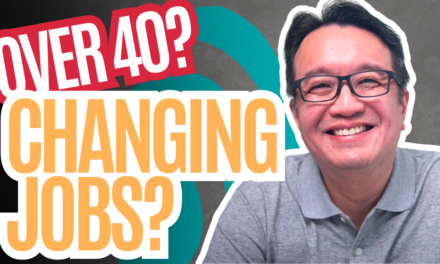
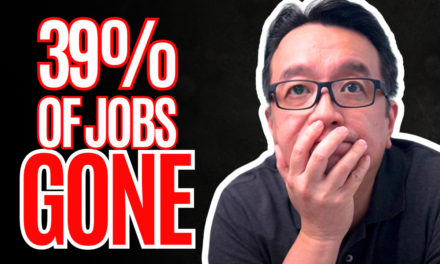







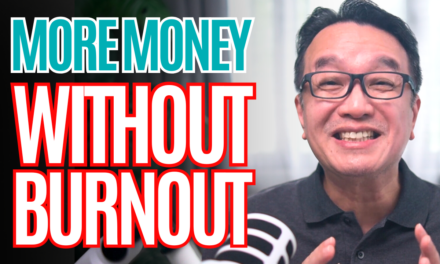
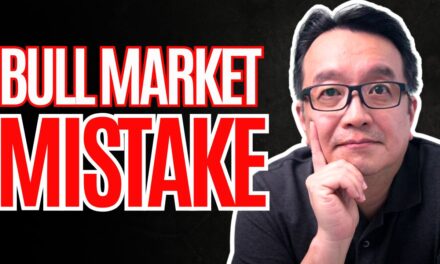




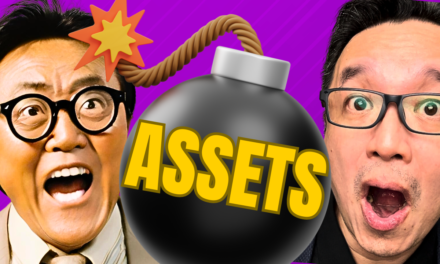

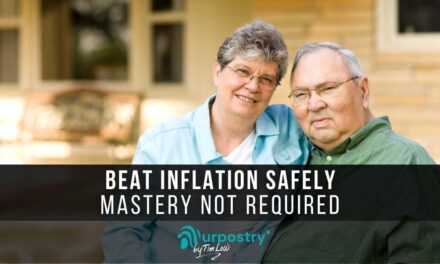

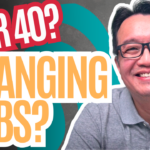
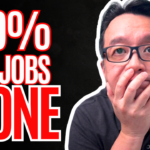


Recent Comments